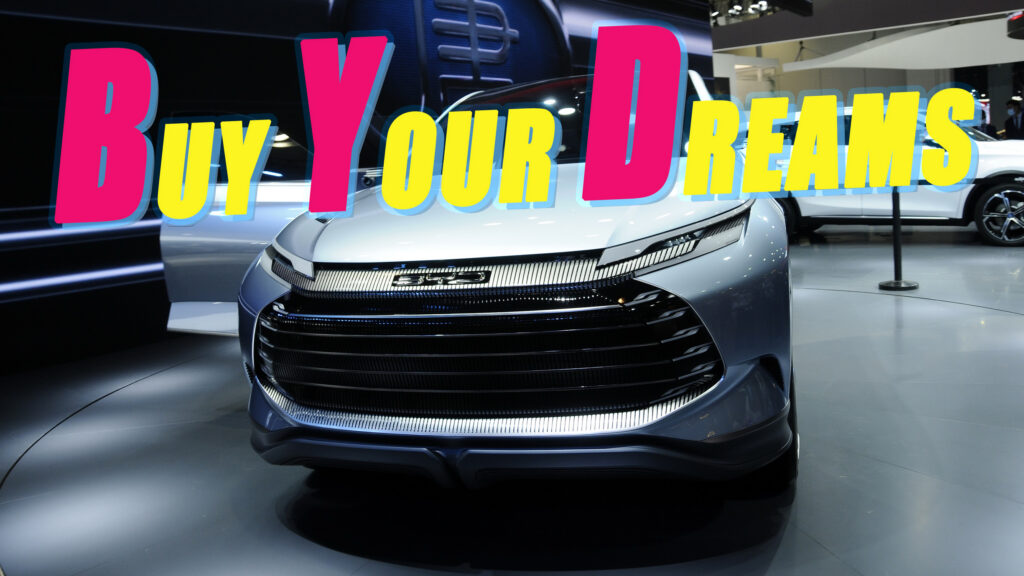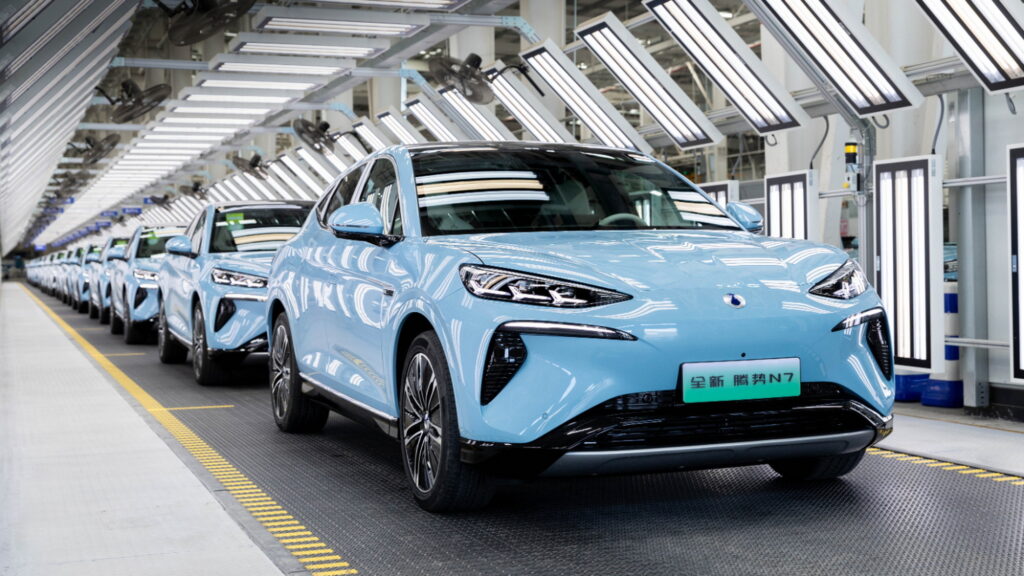A German report estimates BYD received $2.26 billion in direct subsidies from China in 2022 alone, potentially giving them an unfair advantage

- Germany’s influential Kiel Institute finds that BYD received $2.26 billion in direct subsidies from China in 2022 alone.
- The Chinese automotive giant benefits even more from indirect subsidies, thanks to its EV battery business.
- The institute suggests that the Chinese economic downturn puts the EU in a strong position to negotiate with Beijing.
A new study by one of Germany’s oldest and most influential think tanks indicates that China outspends other OECD countries like the U.S. and Germany by three to nine times on subsidies. According to the study, the primary recipient of the government’s largesse is battery producer and automaker BYD.
The company has risen to become one of the world’s largest manufacturers of electrified vehicles, surpassing Tesla for the first time in the last quarter of 2023, but it has received substantial assistance along the way. In 2020, BYD received approximately €220 million (around US$236 million at current exchange rates) in direct subsidies. By 2022, that number had increased significantly to €2.1 billion (US$2.26 billion).
Read: BYD Sales Surge In March But EV Figures No Longer Rival Tesla
That amounted to around 1.1 percent of BYD’s revenues in 2020, and 3.5 percent in 2022, the Kiel Institute‘s new study finds. Even among Chinese companies, that’s high, and the automaker has overtaken competitors like GAC as a major recipient of direct subsidies from the government.
Even these figures fail to show the full picture, though. In addition to subsidies it receives directly from the government, BYD also benefits from customers receiving government incentives to purchase its batteries for their electric vehicles. Although that’s not cash directly in the company’s pocket, it does help stimulate demand for its products, and effectively lowers their price.
Although BYD receives a significant amount of the government’s funds, China offers subsidies to a wide variety of companies. The Kiel Institute found that 99 percent of listed companies in the country received incentives in 2022.

The findings come as Chinese automakers seek to expand into foreign markets, like Europe. On the continent, automakers have complained that the generous subsidies afforded to Chinese automakers make it hard for them to compete with incoming EVs from companies like BYD.
The European Union has launched an investigation into Chinese incentives, to see if they provide the nation’s automakers with an unfair advantage. The Kiel Institute’s findings seem to support that allegation, and it believes that the nation’s current economic downturn provides the EU with a strong negotiating position.
“Amidst the recently initiated anti-subsidy proceeding against imports of electric vehicles from China, aiming to persuade China to withdraw subsidies particularly harmful to the EU,” the study’s author recommends initiating negotiations with Beijing. “Given China’s current macroeconomic weakness, its relative strength in green technology sectors, and its tensions with the US, the authors see a realistic chance of successful negotiations.”
Elektroauto-Hersteller BYD ist einer der größten Profiteure der massiven staatlichen Subventionen, die #China in grüne Technologien steckt.👉 Subventionen sind in 🇨🇳 allgegenwärtig & gezielt bei Schlüsseltechnologien; EU sollte über für sie besonders schädliche Subventionen… pic.twitter.com/rzyD4244Bj
— Kiel Institute (IfW Kiel) (@kielinstitute) April 10, 2024


